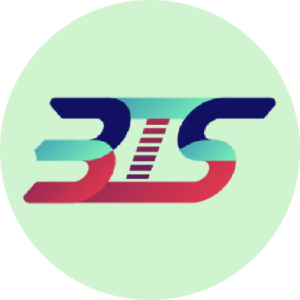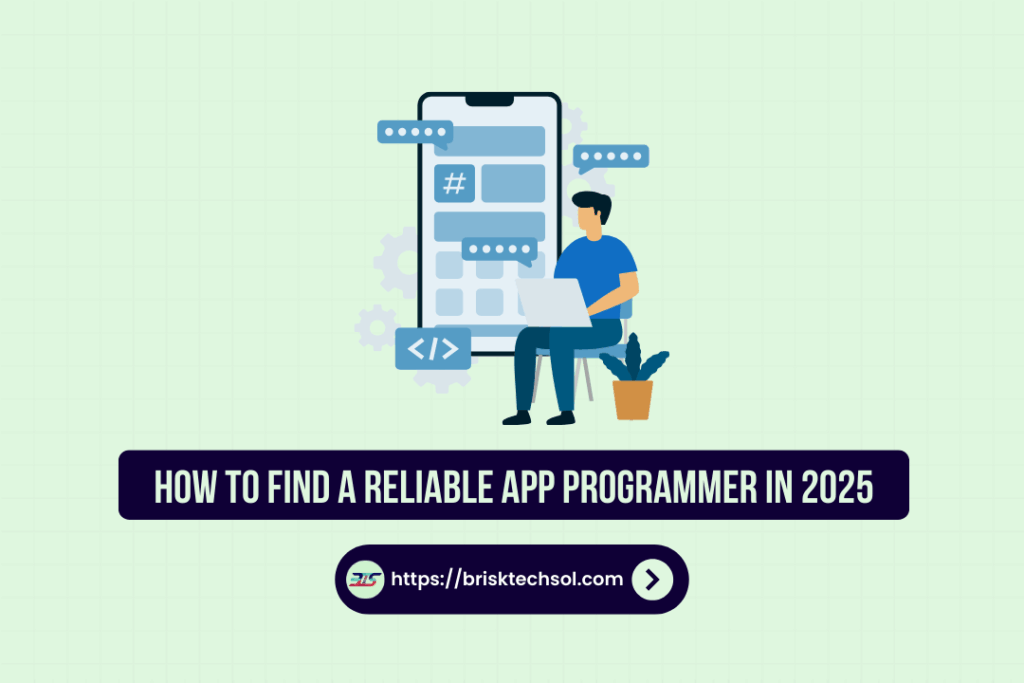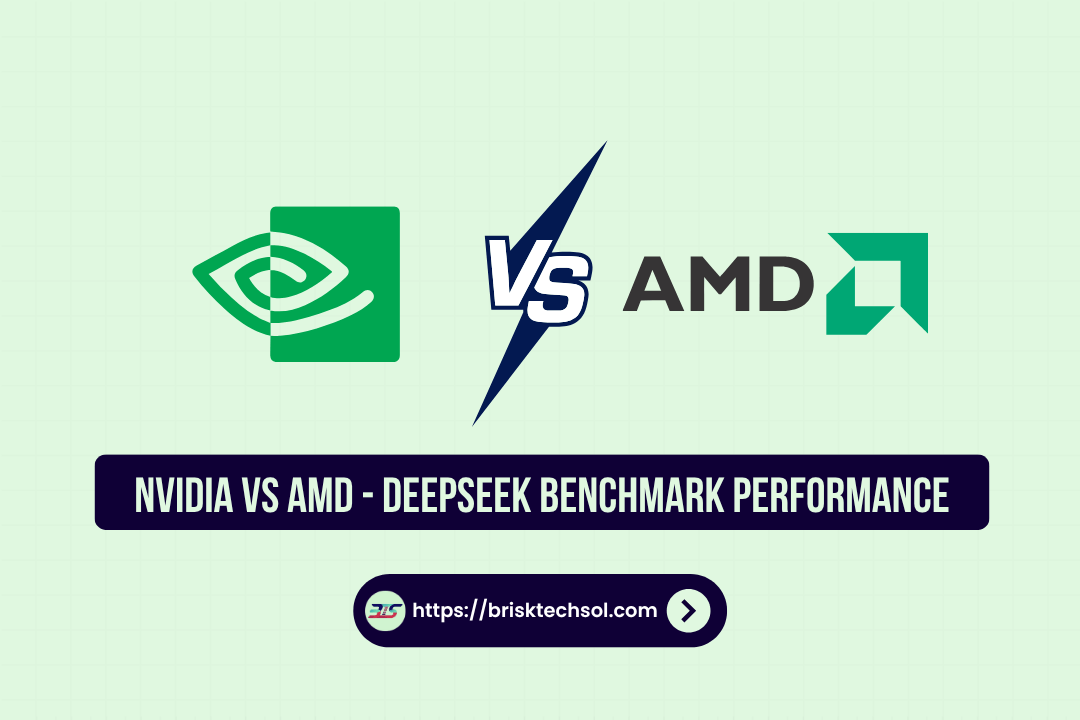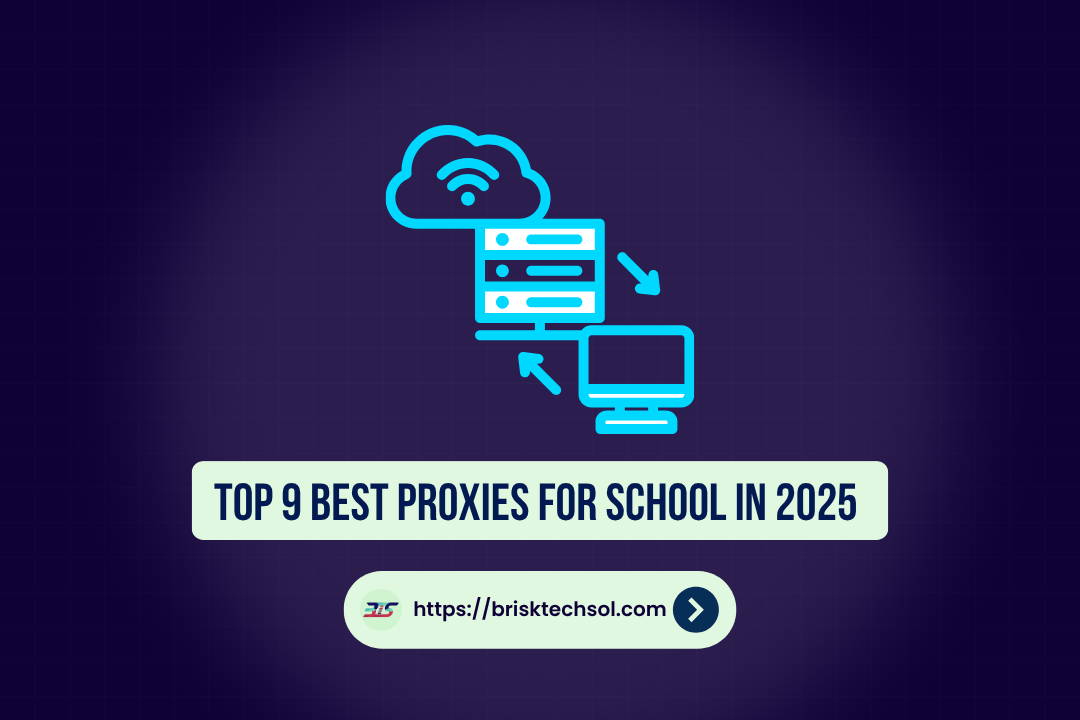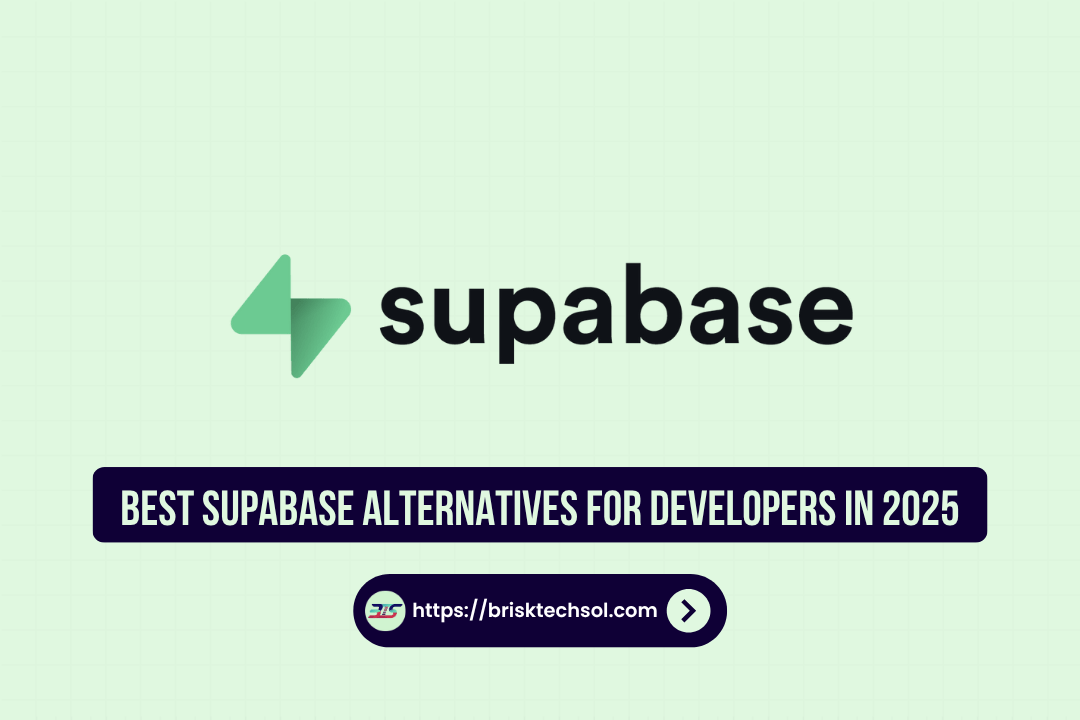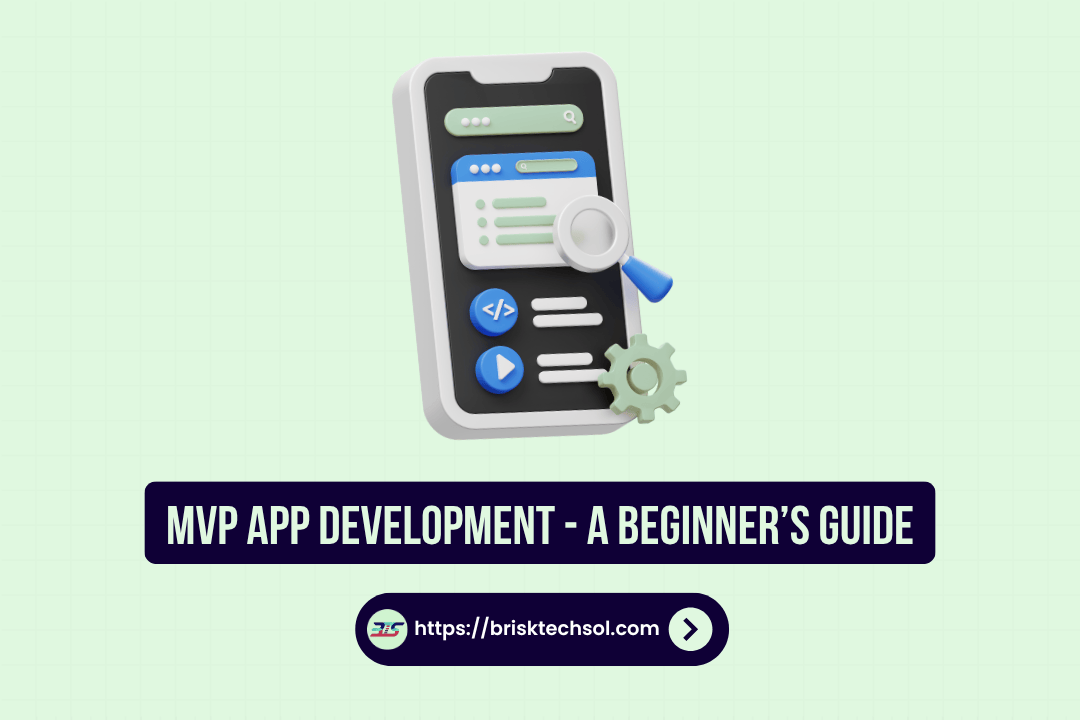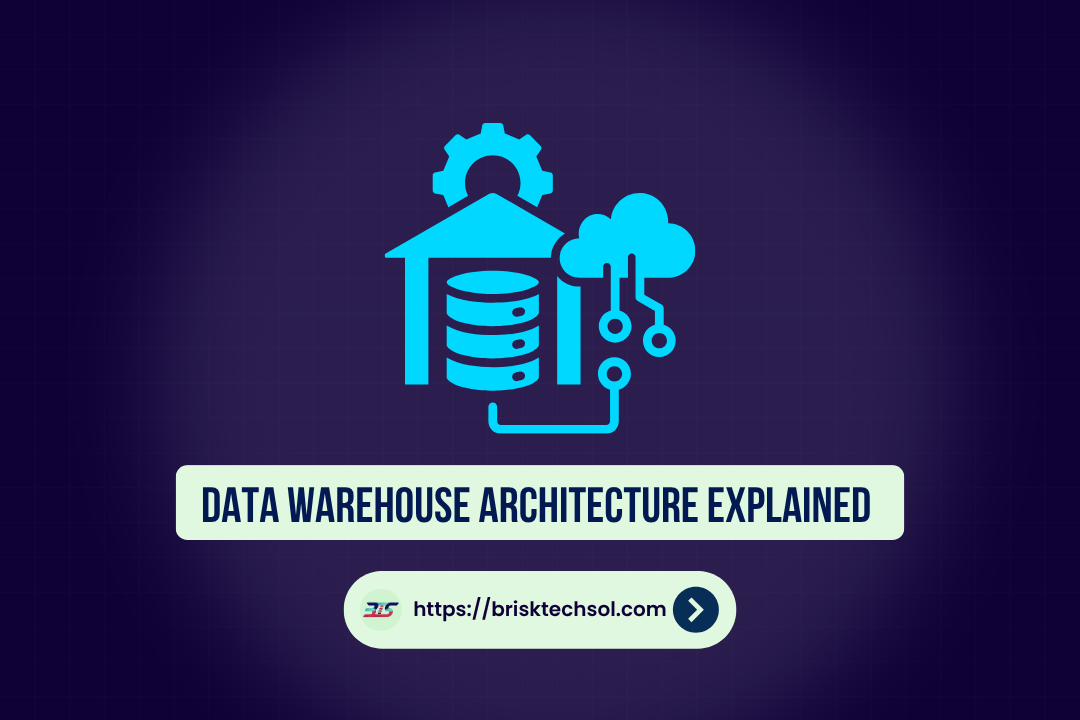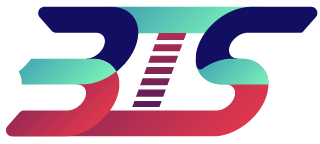There is more competition than ever in the world of mobile and web apps in 2025. Finding a trustworthy app programmer is very important for any project, whether you’re starting a new, innovative business or making your current one more digital. The right developer will turn your idea into a high-performing, easy-to-use app. On the other hand, hiring the wrong person could mean missing deadlines, going over budget, and getting poor functionality. You can be sure that you will find, interview, and hire the best app developer for your needs after reading this complete guide. It will walk you through every step of the hiring process, from setting clear goals to signing contracts.
Important Choices to Make Before You Hire Someone
Define the Goals and Purpose of Your App
- Make your vision clear: What kind of app is it? Is it for e-commerce, social networking, work, or something else?
- Set goals that can be measured: Key performance indicators (KPIs) should be set up, such as the number of new users, the rate of user retention, or in-app purchases.
- Figure out who you want to reach: Learn about user groups, problems, and habits to help decide which features to add first.
Find Features That You Must Have
- Most important features: Write down the most important features, like the ability to log in or authenticate, process payments, and send push notifications.
- Nice-to-have improvements: Come up with ideas for advanced features like integrating AR or AI chatbots.
- Platform things to think about: Choose whether you want a native iOS or Android app, a cross-platform app React Native or Flutter, or a web app.
Estimating the Budget and Timeline
- Figure out how much it will cost by looking at developer fees, design costs, testing, and upkeep.
- Think about what time it takes to come up with ideas, do development sprints, do quality assurance testing, and then deploy.
- Set aside a fund for emergencies: Save 10-20% of your budget for problems that come up out of the blue or changes to features.
How to Pick the Best App Developer for Your Project
Freelance Programmers
Pros:
- Good value for small projects
- Flexible hours and quick onboarding
Cons:
- Not enough long-term support is available
- Quality and dependability vary
Best for:
- MVPs, or Minimum Viable Products
- Add-ons for short-term features
In-House Developers
Pros:
- Full commitment to the goals of your company
- Know your product and culture inside and out
Cons:
- More costs for things like office space and benefits
- The hiring process takes a lot of time
Best for:
- Development and maintenance that never end
- Wide-ranging plans and projects
App Development Agencies
Pros:
- Full services, including design, development, quality assurance, and marketing
- Established teams and proven processes
Cons:
- Premium prices
- Maybe not as much personal attention
Best for:
- Complex applications that need experts from many fields
- Projects with tight due dates and a lot at stake
The Step by Step Way to Discover the Best Programmer
- Write a full project description.
A clear, concise brief will guide your work during development:
- A summary of the project and its business goals
- Platforms and technologies to aim for
- List of features in great detail, with user stories
- If you have them, wireframes or design mockups
- KPIs and criteria for success
- A summary of the project and its business goals
- Pick the Right Job Board
- Upwork: A large freelancer marketplace with ratings and milestone payments.
- Toptal: Strict hiring process; only the top 3% of talent accepted.
- LinkedIn ProFinder: Referrals from professionals in your network.
- Clutch.co: Directory of agencies with client reviews.
- GitHub/Stack Overflow: Find contributors with the right skills.
- Upwork: A large freelancer marketplace with ratings and milestone payments.
- Make a short list based on candidate skills and portfolio
- Technical stack: Ensure expertise in chosen frameworks (Swift, Kotlin, React Native).
- Relevance to your portfolio: Look for past projects related to your field or feature set.
- Quality of code: Ask for GitHub links or code samples to check structure, readability, and documentation.
- Technical stack: Ensure expertise in chosen frameworks (Swift, Kotlin, React Native).
- Interview for hard and soft skills
- Technical evaluation: Ask about architecture decisions, data modeling, and API design.
- Problem-solving: Present a real-life challenge (bug fix or feature build).
- Soft skills: Evaluate communication, cultural fit, and project management style.
- Availability: Confirm time zones, working hours, and capacity for your timeline.
- Technical evaluation: Ask about architecture decisions, data modeling, and API design.
- Give them a mini-project to work on
- Scope: A small, clear feature (e.g., integrating the login screen).
- Deliverables: A code repository with README, basic documentation, and test cases.
- Evaluation: Assess code quality, adherence to requirements, and time management.
- Scope: A small, clear feature (e.g., integrating the login screen).
- Talk about contracts and privacy
- Work scope (SoW): Detailed deliverables, timelines, and milestones.
- Payment terms: Hourly vs. fixed price, milestone-based payments, invoicing schedule.
- Intellectual property (IP): Ensure all code and assets transfer to you upon completion.
- Non-disclosure agreement (NDA): Protect your idea and sensitive data.
- Work scope (SoW): Detailed deliverables, timelines, and milestones.
In 2025, How Much Does It Cost to Hire Someone to Make an App?
Here is a list of regions and their average hourly rates. Remember that these are just estimates. Actual rates may be higher or lower depending on experience, specialization, and the difficulty of the project.
| Region | Freelance (Hourly) | Agency (Hourly) | In-House (Monthly Salary) |
| North America | $75–$150 | $100–$200 | $8,000–$12,000 |
| Western Europe | $60–$120 | $80–$160 | $6,000–$10,000 |
| Eastern Europe | $30–$60 | $50–$100 | $3,000–$6,000 |
| Southeast Asia & India | $20–$40 | $40–$80 | $2,000–$4,000 |
| Latin America | $30–$70 | $60–$120 | $3,500–$7,000 |
Common Mistakes to Avoid
- Putting price over quality:
- Risk: Cheap developers may give you code that isn’t secure, has bugs, or isn’t well documented.
- Fix: Find a balance between limited funds and proven expertise; invest in quality to save on future maintenance.
- Risk: Cheap developers may give you code that isn’t secure, has bugs, or isn’t well documented.
- Skipping background checks:
- Risk: False portfolios or fake references can lead to hiring unqualified people.
- Fix: Verify references from previous employers, client testimonials, and public repositories.
- Risk: False portfolios or fake references can lead to hiring unqualified people.
- Ignoring communication barriers:
- Risk: Misunderstandings can cause delays and inflate costs.
- Fix: Set up regular check-ins, use project management tools (Jira, Trello), and establish clear communication protocols.
- Risk: Misunderstandings can cause delays and inflate costs.
- Vague project descriptions:
- Risk: Developers may assume details, leading to scope creep.
- Fix: Create an in-depth SoW with mockups, acceptance criteria, and user stories.
- Risk: Developers may assume details, leading to scope creep.
The Best Places to Find Skilled App Developers
- Toptal: Strict screening; all developers rank in the top 3%. Best for high-priority projects.
- Upwork: Huge marketplace with varied expertise and flexible budgets/payment terms.
- Clutch.co: Agency directory with client reviews; filter by location, budget, and industry.
- Gun.io: Matching service for vetted freelancers with a focus on engineering best practices.
- LinkedIn ProFinder: Leverage your professional network for referrals; direct outreach to candidates.
- AngelList Talent: Startup-focused talent pool; equity-friendly candidates.
- GitHub Jobs: Connect with open-source contributors; direct access to code samples.
Conclusion
It doesn’t have to be hard to find a reliable app programmer in 2025. By being clear about your goals, picking the right type of developer, and going through a structured screening process, you can reduce risks and increase return on investment (ROI). It’s important to find a good balance between cost and quality, be clear about expectations, and encourage open communication throughout the project. Whether you hire a freelancer, someone in-house, or a trusted agency, these strategic steps will help your next big idea become a successful, market-ready app.
FAQs
How long does it take to hire a programmer and get them started?
• Freelancers: 1-2 weeks from posting to starting work
• Agencies: 2-4 weeks for proposals, interviews, and signing a contract
• In-house: 1-3 months for recruiting, interviewing, and making an offer
Should I work with a freelancer or an agency and which is right for me?
• Freelancer: Best for small jobs with clear goals
• Agency: Good for larger budgets and handling everything from planning to launch
What programming languages should developers know and when should I pick each?
• Native iOS: Swift, Objective-C
• Native Android: Java, Kotlin
• Cross-platform: Dart (Flutter), JavaScript/TypeScript (React Native)
• Backend/API: Go, Node.js, Python, Ruby
How can I check a developer’s experience and make sure they’re a good fit?
• Look at their GitHub projects
• Ask to see live apps they’ve built
• Do simple coding tests or focused technical talks
How can I keep my app idea safe and protect it?
• Have everyone sign an NDA
• Limit who can see your code and designs
• Think about filing a quick provisional patent
How much does it cost to develop an app and what affects the price?
• Basic MVPs start at about $15,000
• Complex, large-scale apps can go over $200,000
• Price depends on features, design work, integrations, and where your team is based
Can I hire a developer from another country and how do I work together?
• Yes just plan for time-zone gaps, pick good communication tools, and set clear expectations
What soft skills should developers have and why do they matter?
• Problem solving, clear communication, flexibility, and teamwork
• These help projects run smoothly and fix issues faster

